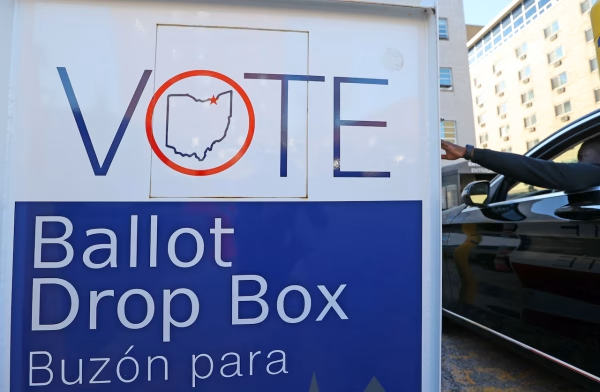ACLU Comment on Supreme Court Argument in Voter Registration Case
Court Should Rule That Arizona's Law Interferes With Federal Law and Ensure Eligible Voters Can Register to Vote, ACLU Says
March 18, 2013
FOR IMMEDIATE RELEASE
CONTACT: (212) 549-2666; media@aclu.org
WASHINGTON — States should not be allowed to impose burdensome documentation requirements that restrict Americans' ability to register to vote in federal elections, the American Civil Liberties Union said today following an argument at the Supreme Court.
The court heard arguments in Arizona v. The Inter Tribal Council of Arizona, in which the ACLU and other organizations are representing individuals and organizations negatively impacted by Arizona's law, Proposition 200. The case centers on the question of whether the state law conflicts with the federal National Voter Registration Law, also called the "motor voter" law.
"Congress passed the National Voter Registration Act to encourage more people to vote in federal elections, but Arizona's law has precisely the opposite effect," said Laughlin McDonald, director of the ACLU Voting Rights Project. "The lower court correctly held that Arizona's law was inconsistent with federal law, and we're hopeful that the Supreme Court will agree. States should not be erecting obstacles that restrict our democracy's electorate, but follow laws that ensure voter registration is accessible to all eligible American voters."
Congress enacted the NVRA in 1993 in order to streamline cumbersome state voter registration laws and make voter registration drives easier. The case before the court today stems from a 2006 lawsuit brought as a result of Proposition 200, a 2004 law that requires Arizona election officials to reject NVRA-mandated federal voter registration forms unless they include certain documents proving citizenship. The NVRA form requires only that an applicant sign a statement affirming citizenship.
Nationwide, an estimated 13 million people lack documentary proof of their citizenship. In Arizona, 90 percent of the over 31,000 U.S. citizens whose voter registration applications were denied were actually born in the United States.
In 2012, the U.S. Court of Appeals for the Ninth Circuit ruled that Arizona officials must accept the NVRA forms. The Supreme Court took up the case after the state of Arizona appealed that decision. A ruling following today's argument is expected in June.
For more information on the case: aclu.org/voting-rights/arizona-v-inter-tribal-council-arizona


